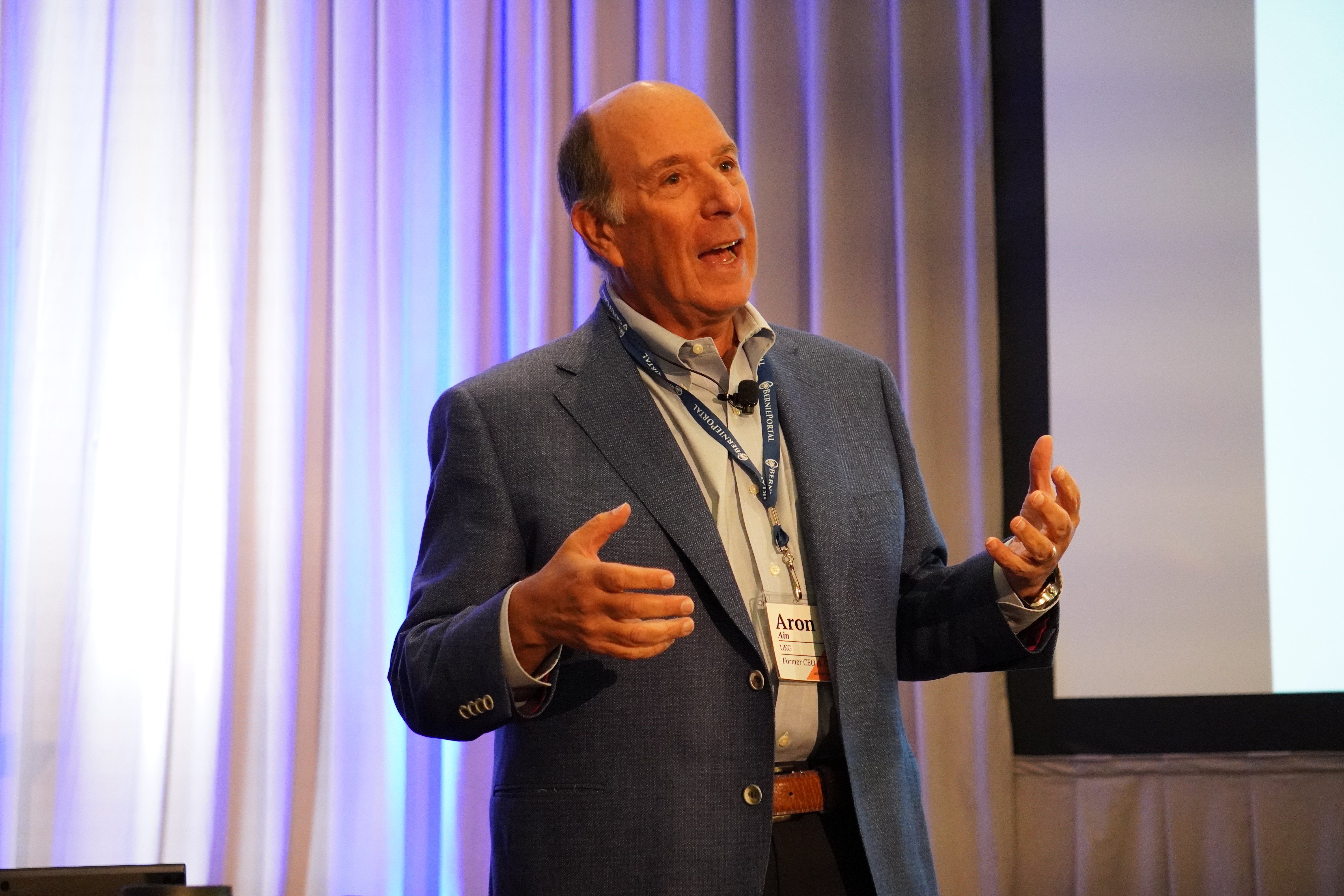Written by
Will Miranne
Will is an aPHR-certified writer on the marketing team at BerniePortal. He writes about healthcare, human resources, and benefits.
OFCCP Enacts Pay Equity Audit Guidelines

Recently, the Department of Labor’s Office of Federal Contract Compliance Programs (OFCCP) initiated new pay equity audit guidelines, prompting contractors and organizations to look at their pay structuring more seriously. As more research has developed, evidence suggests that pay transparency may offer direct benefits to the success of an organization. Here is a breakdown of the new guidelines, how to stay compliant, and how they can help your organization.
What Is Pay Equity and Why Does It Matter?
Pay equity refers to pay structures intended to eliminate gender- and race-based discrimination and bias by offering all people equal employment opportunities.
Cheryl Pinarchick, an attorney with Fisher Phillips in Boston, explains, "By ensuring employees are paid equitably, employers can increase efficiency, creativity, and productivity by helping to attract the best employees, reduce turnover and increase commitment to the organization." Organizations must begin looking closely at these equal pay measures to ensure they set themselves up for success.
Not only does equal pay matter for the sake of equal opportunity in the workplace, but it also affects the overall quality of work an organization can produce. The White House and the EEOC have begun initiating a new pay equity audit to establish more transparency and to protect against discriminatory practices from federal contractors.
What Does the New OFCCP Directive Entail?
The OFCCP has announced a new initiative that outlines expectations Federal contractors are expected to meet regarding discriminatory practices in the workplace:
- Executive Order 11246 requires that contractors take affirmative action against and avoid discrimination based on color, race, religion, sex, sexual orientation, gender identity, or national origin.
- Contractors are prohibited from discriminating against candidates or employees based on inquiries or discussions involving their own or anyone else's compensation.
- Contractors must provide all labor unions and workers’ representatives with a notice detailing their commitment to upholding the anti-discrimination expectations under Executive Order 11246.
- Contractors must furnish all documents and information required by Executive Order 11246 and provide copies to the Secretary of Labor to ensure compliance.
- The contractor's contract can be terminated if they are found to be non-compliant with the anti-discrimination clause.
- The contractor will include all previous provisions in each subcontract unless otherwise exempted to ensure that all conditions are binding for each subcontractor.
- The contractor will include all provisions as a means of enforcing them. Should a subcontractor threaten the contractor with litigation over this direction, the Secretary of Labor may step in to protect the interests of the United States.
How Might Pay Equity Audits Affect Organizations?
Many organizations have established voluntary pay equity audits to maintain a sense of clarity between employees and nurture a positive work culture because better pay equity provides organizations with a better chance to succeed. A transparent pay structure fosters greater trust between employers and their employees.
In fact, according to a SHRM survey, almost 60% of organizations in the United States have voluntary pay equity audits already in place, and 83% of those organizations altered employee pay following the initial audit. SHRM also noted that women were most likely to ask for less than a 10% pay increase while men were most likely to ask for a greater than 10% pay increase.
Pay audits are the first step in the process of identifying pay gaps and implementing changes. In addition, it is crucial to recognize the importance of culture in the workplace. By building a better connection with employees and fostering a sense of trust, you can increase employee satisfaction, retention rates, recruitment, and productivity.
Pay equity is critical to businesses. However, progress is stifled when organizations do not prioritize it despite recognizing it as valuable. Only 47% of surveyed HR professionals believed their organization to be transparent, while nearly all (94%) felt it was a crucial aspect of modern businesses.
Take time to evaluate your policy. Give your organization the best chance to succeed by auditing your pay structure to ensure you are avoiding all forms of discrimination and growing your workplace culture.
Additional Resources
You can also stay informed, educated, and up-to-date with HR news and other important topics by using BerniePortal’s comprehensive resources:
- BerniePortal Blog—a one-stop-shop for HR industry news
- HR Glossary—featuring the most common HR terms, acronyms, and compliance
- HR Guides—essential pillars, covering an extensive list of comprehensive HR topics
- BernieU—free online HR courses, approved for SHRM and HRCI recertification credit
- HR Party of One—our popular YouTube series and podcast, covering emerging HR trends and enduring HR topics
Written by
Will Miranne
Will is an aPHR-certified writer on the marketing team at BerniePortal. He writes about healthcare, human resources, and benefits.
Related Posts
We just wrapped up another phenomenal Weekdays with Bernie (WWB) Conference!
Employees are the heart and soul of an organization, and valuing their opinions can have...
HR parties of one already have an abundance of tasks to keep up with. From hiring to...
The talent search is no longer a skirmish or a battle. It’s a WAR! As a strategic HR...







Submit a Comment